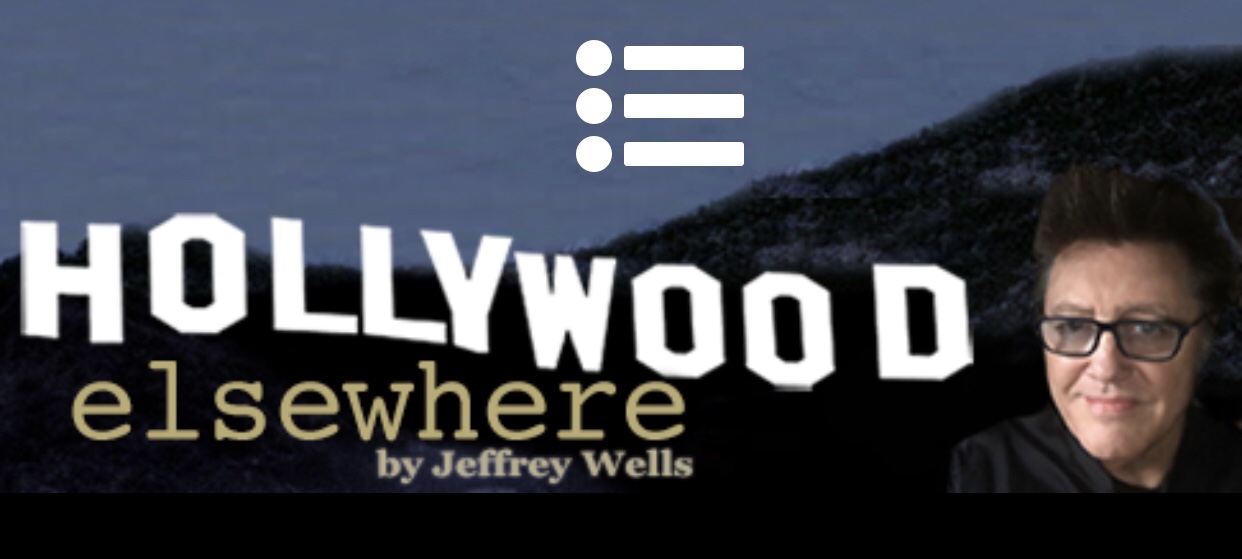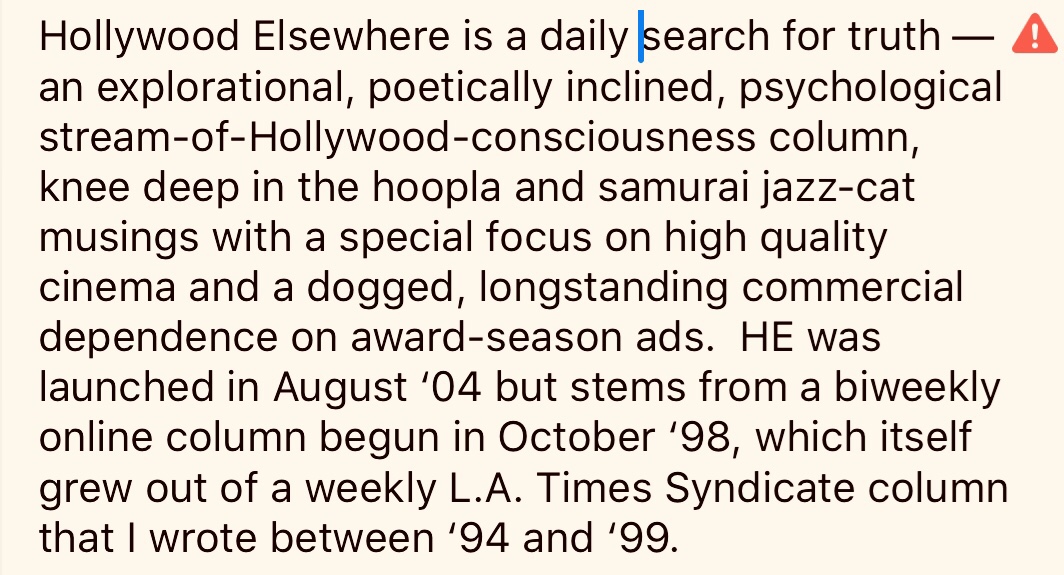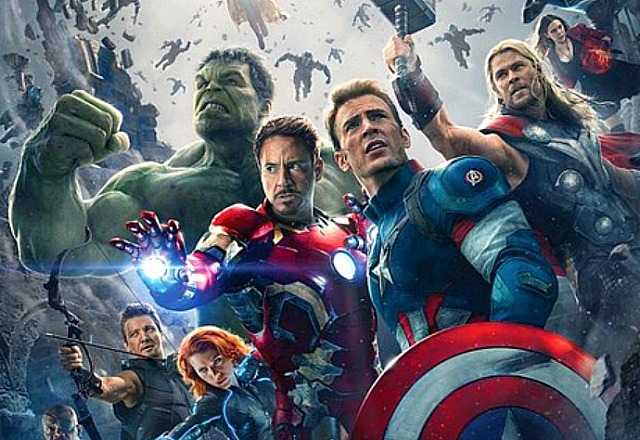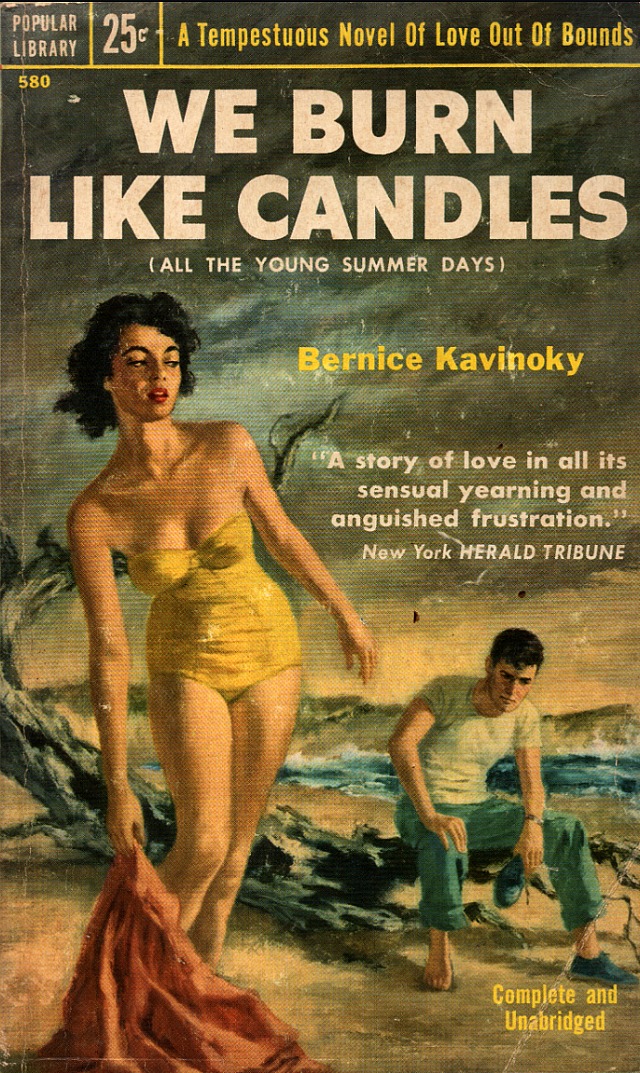I haven’t splashed around in a pool for a long while. I’ve stood next to pools but at parties…you know. The kids and I used to swim in the West Hollywood community pool back in the mid to late ’90s. I know that if I dive into a pool these days it’s going to take me at least 45 minutes to dry my hair and fluff it up and treat it so it looks right, which is why I’m generally content to just look at pools. I love, however, the thought of clothed people falling into pools or, better yet, being pushed in, especially if they’re dressed to the nines.
I used to swim competitively at the old Mindowaskin Swim Club in Mountainside, NJ. Freestyle, breast stroke, backstroke. I wasn’t strong or disciplined enough to win any blue-ribbons. I was strictly a second- and third-place finisher. Which was the story of my life until journalism started to pan out in the early ’80s.






